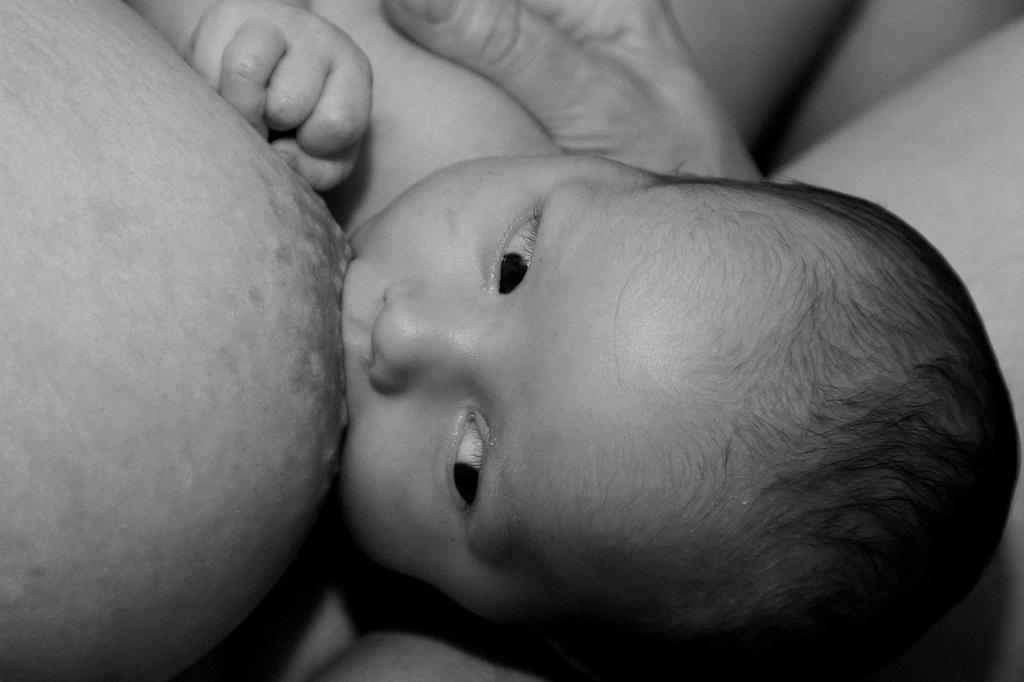Probiotics have gained significant attention in recent years for their potential health benefits, particularly in promoting gut health and boosting the immune system. For breastfeeding mothers, the question of whether it is safe to take probiotics arises due to concerns about the impact these supplements may have on the infant’s health.
Safety of Probiotics During Breastfeeding
It is generally considered safe for breastfeeding mothers to take most probiotics, as research suggests that these supplements do not pose any harm to the infant. In fact, probiotics are believed to offer potential benefits by supporting the mother’s overall health and potentially transferring some beneficial bacteria to the baby through breast milk.
Consulting with a Healthcare Provider
While most probiotics are deemed safe for breastfeeding women, it is still recommended to consult with a healthcare provider before starting any new supplement regimen during this period. Some probiotic strains have not been extensively studied in pregnant or breastfeeding women, so it’s important to seek professional advice.
Choosing the Right Probiotic
When selecting a probiotic supplement while breastfeeding, it is crucial to opt for products that are specifically designed for this stage. Look for probiotics that are labeled as safe for use during pregnancy and lactation, as these formulations are likely to contain strains that have been deemed safe for both mother and baby.
Potential Benefits for Breastfeeding Mothers
Probiotics may offer several advantages for breastfeeding mothers, such as aiding in digestion, reducing the risk of certain infections, and supporting overall gut health. These benefits can indirectly benefit the infant by promoting a healthy and balanced microbiome in the mother.
Impact on Breast Milk Composition
Research suggests that probiotics taken by breastfeeding mothers may influence the composition of breast milk, potentially enhancing its nutritional value and containing beneficial bacteria that can positively affect the infant’s developing gut microbiota. However, more studies are needed to fully understand this interaction.
Managing Potential Side Effects
While probiotics are generally well-tolerated, some individuals may experience minor side effects such as gas, bloating, or stomach upset when starting a new supplement. If you encounter any adverse reactions while taking probiotics during breastfeeding, discontinue use and consult with a healthcare provider.
Timing and Dosage Recommendations
For optimal effectiveness, it is advisable to follow the recommended dosage and timing instructions provided on the probiotic supplement packaging. Taking probiotics with meals can help improve absorption, and consistency in daily use is key to experiencing the potential benefits.
Monitoring Baby’s Well-being
As with any dietary change or supplement introduction during breastfeeding, it is essential to monitor your baby’s well-being for any signs of discomfort, unusual bowel movements, or allergic reactions. If you notice any concerning symptoms in your infant, consult a healthcare provider promptly.
Conclusion
In conclusion, most probiotics are considered safe for breastfeeding mothers and may offer various health benefits for both the mother and the baby. However, it is crucial to consult with a healthcare provider before starting any new supplement, particularly if you have concerns about specific strains or potential interactions. By making informed decisions and prioritizing your health and well-being, you can confidently incorporate probiotics into your breastfeeding journey.

